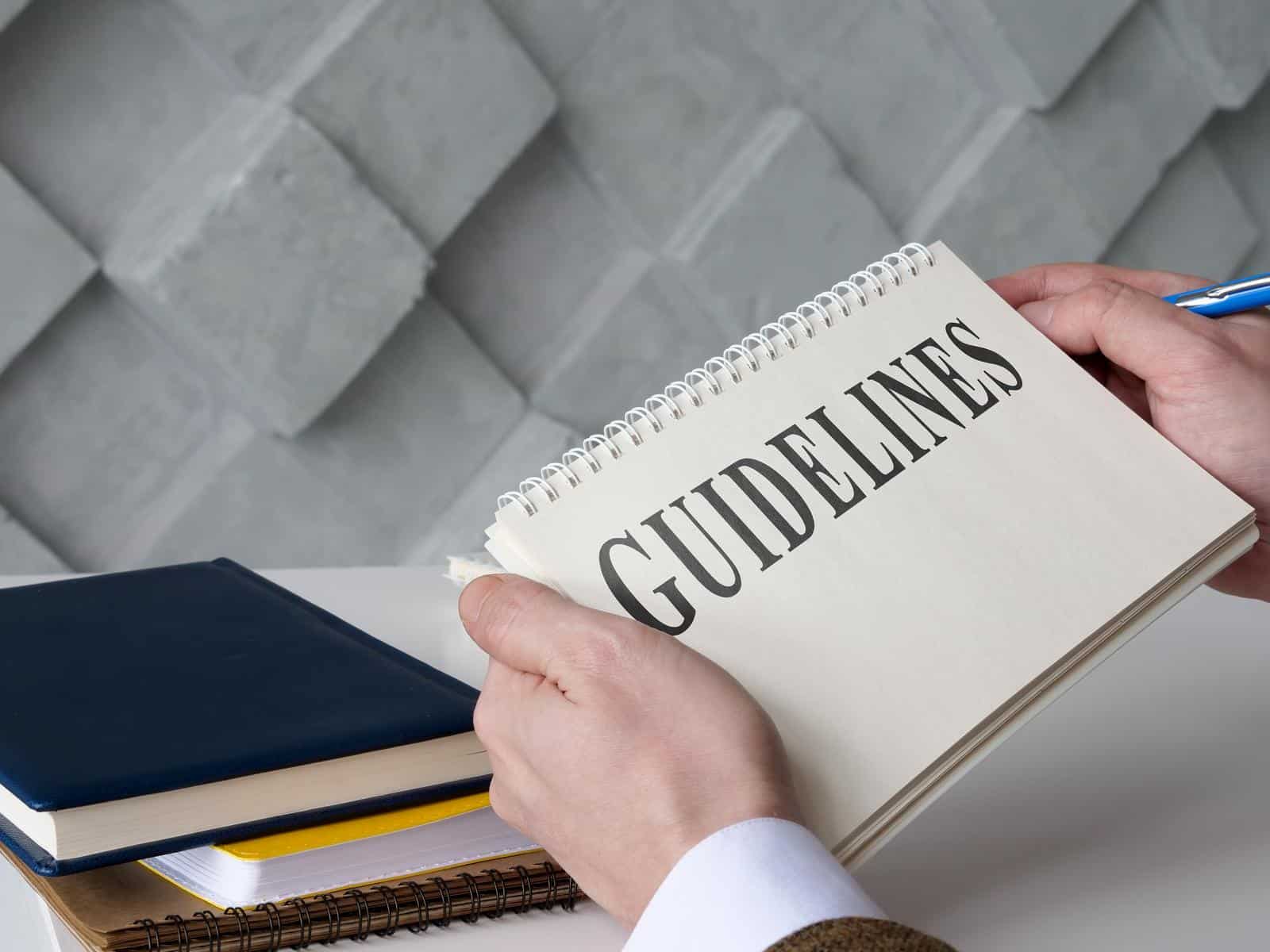How to Write a Blog for Beginners in 2023
Overview
Searching for a new way to express yourself and build an audience?
Why not start a blog!
Blogging can be one of the most rewarding hobbies, it’s a great way to share your passions, stories, advice and wisdom with people around the world.
But writing a blog post isn’t as simple as it seems.
You need something worth reading about, content that’ll keep people coming back for more.
It takes time to craft posts that are both interesting and SEO-friendly; in fact, writing high-quality content is often considered difficult by many bloggers.
If you want your blog posts to engage readers from start to finish – and rank higher on Google – then you need strategies that help ensure success each time you hit ‘publish’.
In this guide we’ll discuss exactly how to write engaging blog posts including tips on crafting headlines, finding topics & using storytelling elements so your blogs have maximum impact!
Understanding The Purpose of Your Blog
You should take some time to understand the purpose of your blog and have a vision for it before you dive into creating content.
Consider things like, are you looking to build a community around a certain topic or to share useful information and advice?
Do you want to promote products and services, or use your blog as a platform for personal expression?
It’s important that the purpose of your blog is clear from the start so that readers have an understanding of what to expect from your posts.
This will help you create content that aligns with your goals, and keep readers coming back for more.
Once you’ve identified why it is that you’re writing this blog in the first place, it’ll be much easier for you to come up with topics and content ideas.
Having a clear purpose can also be beneficial when it comes time to promote your blog – potential readers will know exactly what kind of experience they can expect if they follow along!
What Makes A Good Blog Post?
Before you can write a great blog post, you need to know what makes a good blog post.
A good blog post should be easy to read and digestible for your audience.
It should include visuals like images and videos that add context to the content and draw the reader in.
The headline is incredibly important as it’s often the first thing readers will see when they stumble upon your post, so make sure it stands out!
Remember that the structure matters too – an organized layout with subheadings helps readers better understand your main points.
Don’t forget to include external links that direct your readers to other posts that may help them learn more about your topic or add additional context.
Internal links are also useful because they help guide your visitors to other relevant pages on your website, allowing them to explore your content in a more structured and organized way.
With these tips in mind, you’re ready to create compelling and engaging content that will keep users coming back for more!
Identifying Your Target Audience
Before you can begin writing your blog, you need to identify who your target audience is.
Knowing who you are trying to reach with your content will help inform everything else that follows; from the topics and tone of voice you choose, to the format and language of the post, through to how you promote it.
To determine who your target audience is, ask yourself questions like:
Who am I writing this for?
What kinds of problems do they have that I can help solve?
What kind of knowledge or experience do they already have about the topic I’m discussing?
How does my blog help them in their daily lives?
Once you’ve identified an ideal reader for your blog posts, create a profile with their age range, gender, location and interests.
This will provide a foundation for understanding what topics might interest them and what type of content resonates best.
Choosing A Topic & Niche For Your Blog
Choosing a topic and niche for your blog is one of the most important decisions you will make as a blogger.
Your topic and niche will determine the focus of your content, the audience you attract, and the potential for your blog’s success.
When deciding on a topic and niche, think about what interests you and what kind of content you want to write about.
You should also consider who your target audience is and what type of content they are likely to be interested in reading.
Think carefully about your tone and personality, as this will have an impact on how readers engage with your content.
If you’re passionate or knowledgeable about a particular subject then that might be a good place to start when choosing a topic.
Remember: it’s not just enough to choose something that interests you – make sure there is an audience for it too!
Researching And Planning Your Content
Research and planning are key to producing successful blog content.
Once you have identified your topic and niche, you’ll need to start doing some research about the subject matter.
There are several options for researching your content:
– Read relevant books or articles on the subject.
– Talk to experts in the industry who can provide insights into the topic.
– Gather opinions from people in forums and social media groups related to your topic.
– Check out other blogs that are writing about similar topics, for ideas and inspiration.
Researching helps you gain a better understanding of the subject matter, so that when it comes time to write your post, you have all the information and resources needed at hand.
Planning is also important — try creating an outline before starting any blog post; this allows you to organize and structure your thoughts beforehand, rather than trying to figure it out as you write (which can lead to writer’s block).
Blog Format Guidelines
Once you have established the purpose of your blog, identified your target audience and chosen a topic and niche, you’re ready to start writing.
But before diving head-first into crafting content, it is important to consider how it will be presented in terms of formatting.
Whether you are creating posts for a website or social media platform, there are several formatting guidelines that should be taken into account when writing a blog post.
To begin with, pay attention to visual elements such as headings and subheadings – these help readers navigate the page and make your content more digestible.
Use shorter paragraphs as long blocks of text can appear daunting to read (especially on small screens).
Images and videos also serve to break up lengthy posts while making them more engaging for readers.
Here are a few tips to help you improve your blog formatting:
– Use headings and subheadings to break up the text and make it easier to read.
– Use short paragraphs and sentences to improve readability.
– Incorporate bullet points or numbered lists to make important information stand out.
– Use bold or italicized text to highlight key points or important information.
– Include images or other visual elements to break up the text and add interest.
– Use a clear and legible font that is easy to read on both desktop and mobile devices.
– Avoid using all caps or excessive punctuation, which can be distracting and difficult to read.
By following these formatting guidelines, you can improve the readability and overall presentation of your blog, making it more appealing and engaging to your audience.
Writing Engaging & Compelling Blog Posts
To capture and maintain the attention of your readers, it’s important to write engaging and compelling blog posts that provide value and keep them coming back for more.
Your readers will only come back if they have something interesting to read, so it’s important that you make every post count.
The most important thing when writing a blog post is to keep it conversational.
Don’t write in an overly formal way – aim for a casual, friendly tone that readers can relate to.
Use humor and storytelling techniques if you can, as these are great ways of grabbing reader attention.
You should also use language that speaks directly to your target audience; this will help them feel like you understand their struggles and needs and are providing content tailored specifically for them.
Always remember the purpose of your blog: what message do you want to communicate?
Keep this in mind throughout the writing process.
Optimizing Your Blog For Search Engines
Optimizing your blog for search engines should be one of your top priorities when writing a blog post.
If you want people to find and read your content, then you need to make it as easy as possible for them to do so.
Start by doing keyword research and using the right keywords in your titles and body copy.
Make sure you use target keywords throughout your post but don’t go overboard with stuffing too many of them into each sentence!
Your blog needs to read and sound natural and it should be written primarily for your readers – not for bots.
Also, try to make your URL as short as possible, readable and ensure it contains the main focus keyword of the blog post.
If you have several blog posts written already then you should also try to include internal links that point back to relevant other posts on your website – this will help keep readers engaged with your site longer which sends a good signal to search engines like Google, and can help improve your overall rankings.
Next you’ll want to add external links from reputable sources that support any facts or opinions mentioned in the blog post – this, again, sends positive signals to search engines and has been known to increase search rankings due to trust signals.
Promoting Your Blog & Building A Community
Once you have written and published your blogs, the next step is to promote them.
You can do this by sharing them on social media, joining communities related to the topics you write about, participating in forums and comment sections, or creating an email list of readers.
This will help build an audience for your blog and increase its visibility online.
You can also create relationships with influential people in your niche by engaging with their content regularly and collaborating with them on projects or initiatives.
These relationships could bring more exposure to your blog as well as new opportunities for growth.
Building a sense of community around your blog is also important for keeping readers engaged and coming back for more content.
You can do this by consistently responding to comments left on posts, hosting Q&As after each post, setting up social media groups related to topics discussed on the blog, or starting conversations around relevant hashtags on Twitter or Instagram.
Consistency & Commitment: Maintaining Your Blog Over Time
Writing a blog isn’t just something you do in one day and forget about the next.
To be successful, you have to commit to consistent blog production and promotion over time, even when it gets difficult or seems like a hassle.
Make sure your content is regularly updated with fresh ideas that keep readers coming back for more.
Whether you post weekly, biweekly or monthly depends on your availability as well as the expectations of your audience- but don’t be afraid to switch things up from time to time!
Remember that content doesn’t always mean text; visuals such as videos or images can add unique elements of engagement into your posts.
Take the time to build relationships with other bloggers and influencers in your niche by commenting on their blogs and sharing their content across different social media platforms—consistency is key here too!
This will help expand the reach of both yourself and other bloggers within the same industry.
Finally, track analytics such as page views and conversions so you can adjust tactics if needed—it may take some trial-and-error before finding what works best for your blog, but it will be worth your while in the long run.
Conclusion
As someone who has been writing blogs for over 10 years, I can say with confidence that starting a new blog can be a rewarding and fulfilling experience.
However, it’s important to approach it with the right mindset and a commitment to providing valuable and engaging content.
By following these guidelines and staying focused on your goals, you can build a successful blog that resonates with your audience and establishes your reputation as a thought leader in your niche.
So go ahead, take that first step, and start creating content that will inspire and inform your readers!










